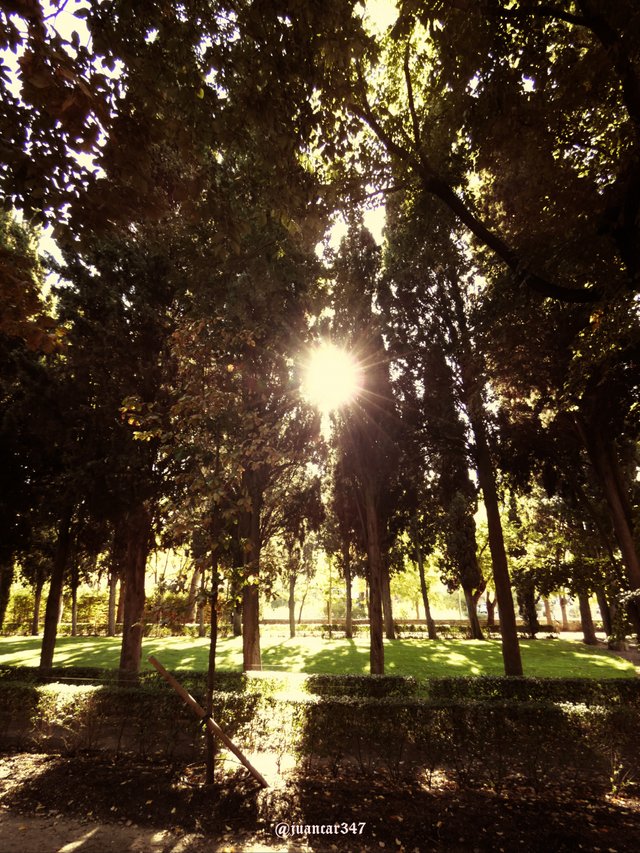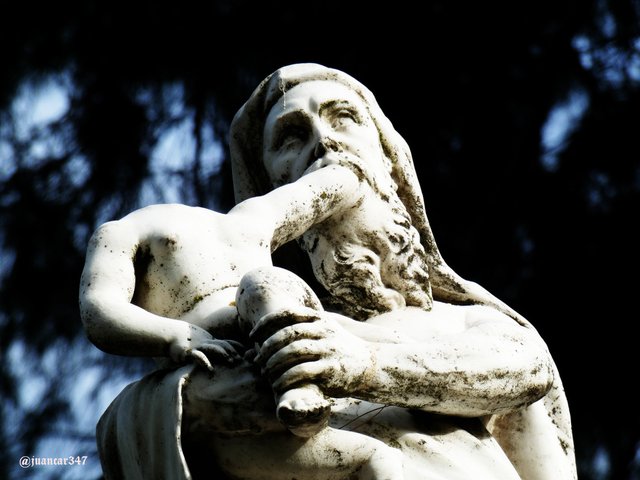Como no podía ser de otra manera, la Musa eligió la sensibilidad de un poeta para definir algo tan cargado de bucólica melancolía, como es el inefable paso del tiempo.
Bizancio, o lo que es lo mismo, el Imperio Romano de Oriente, fue, no cabe duda, todo un derroche de esplendor y magnificencia.
La metafórica Cueva de Alí Babá, donde los emperadores bizantinos parece que también nacían con el don de Midas; es decir, el don de convertir en oro y belleza todo aquello cuanto les rodeaba.
Pero todo ese esplendor, toda esa inconmensurable magnificencia, en definitiva, toda su cautivadora belleza, no pasó a ser recuerdo en las gélidas páginas de la Historia por la conquista turca, sino por la obra de aquél otro conquistador inefable, cuyo golpe mortal se abate sin compasión tanto sobre miserables seres humanos, como sobre imperios y civilizaciones: el Tiempo.
Por eso, para definir esa sensación de pérdida, ese concepto de pasajera volatilidad que en el fondo somos, el poeta Luis Cernuda definió el inefable paso del tiempo -o la mortalidad- con el nombre sui géneris de Síndrome de Bizancio.
How could it be otherwise, the Muse chose the sensitivity of a poet to define something so loaded with bucolic melancholy, as is the ineffable passage of time.
Byzantium, or what is the same, the Roman Empire of the East, was, without doubt, a waste of splendor and magnificence.
The metaphorical Cueva de Ali Baba, where the Byzantine emperors seem to be also born with the gift of Midas; that is, the gift of turning everything around them into gold and beauty.
But all that splendor, all that unbelievable magnificence, in short, all its captivating beauty, did not come to be remembered in the icy pages of history by the Turkish conquest, but by the work of that other ineffable conqueror, whose mortal blow is abated without compassion so much on miserable human beings, as on empires and civilizations: Time.
Therefore, to define that sense of loss, that concept of transient volatility that we are basically, the poet Luis Cernuda defined the ineffable passage of time -or mortality- with the sui generis name of Byzantium Syndrome.
AVISO: Tanto el texto, como las fotografías que lo acompañan, son de mi exclusiva propiedad intelectual.
NOTICE: Both the text and the photographs that accompany it are my exclusive intellectual property.
Otras entradas que te pueden interesar:
Other post that may interest you:
https://steemit.com/photography/@juancar347/fotografia-espejos-naturales-vii-photography-natural-mirrors-vii
https://steemit.com/photocircle/@juancar347/fotografia-una-clase-de-magia-photography-a-magic-class
https://steemit.com/spanish/@juancar347/fotografia-y-reflexion-de-las-leyes-de-la-naturaleza-vi-photography-and-reflection-of-the-laws-of-nature-vi
Te invito a conocer el mundo del que estoy enamorado.
Image © juancar347. All Rights Reserved.
Original content by Original content by @juancar347
Discord
juancar347#4046


[Martial, latin poet]
.jpg)











